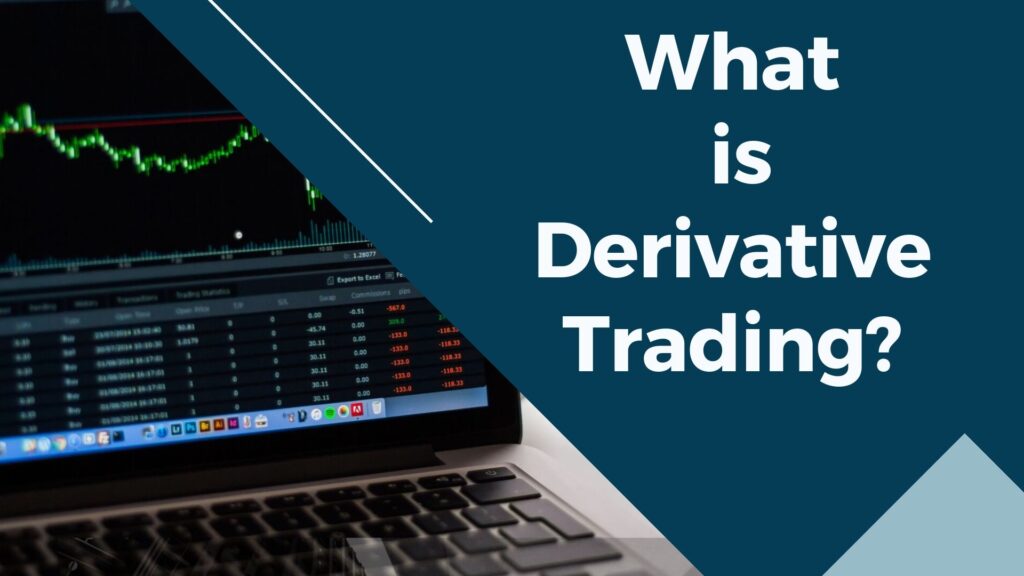Let Your Money Earn
- info@finoda.in
- +91 9035 29 4343


Derivative trading requires you to keep a specific percentage of the value of your outstanding derivative position (total value of your holdings) as cash in your trading account. This specific percentage is commonly referred to as ‘margin money’. You are required to hold this margin money to help minimise the risk exposure for the stock exchanges you’re trading on. Furthermore, it works as a buffer to minimise losses for the stockbrokers who give you the remaining amount as a loan to buy the derivatives contract.
Derivative contracts can broken down into the following four types:
Options are financial derivative contracts that give the buyer the right, but not the obligation, to buy or sell an underlying asset at a specific price (referred to as the strike price during a specific period of time. American options can be exercised at any time before the expiry of its option period. On the other hand, European options can only be exercised on its expiration date.
Futures Contacts are standardized contracts that allow the holder of the contract to buy or sell the respective underlying asset at an agreed price on a specific date. The parties involved in a futures contract not only possess the right but also are under the obligation to carry out the contract as agreed.
Futures contracts are traded on the exchange market and as such, they tend to be highly liquid, intermediated and regulated by the exchange.
Forwards contracts are similar to futures contracts in the sense that the holder of the contract possesses not only the right but is also under the obligation to carry out the contract as agreed. However, forwards contracts are over-the-counter products, which means they are not regulated and are not bound by specific trading rules and regulations.
Swaps are derivative contracts that involve two holders, or parties to the contract, to exchange financial obligations. interest rate swaps are the most common swaps contracts entered into by investors. Swaps are not traded on the exchange market. They are traded over the counter, because of the need for swaps contracts to be customizable to suit the needs and requirements of both parties involve.